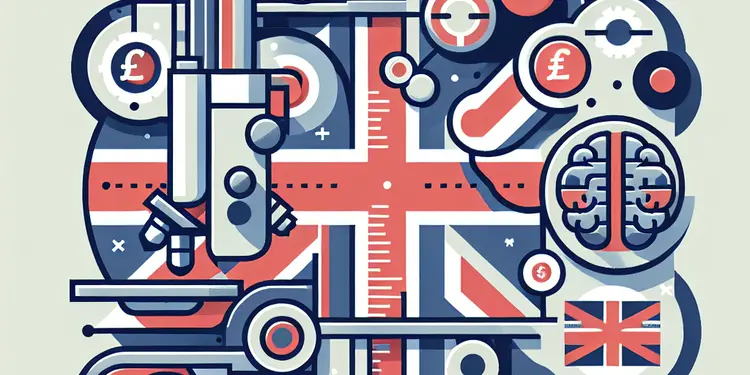
Find Help
More Items From Ergsy search
-

Is paracetamol linked to autism?
Relevance: 100%
-
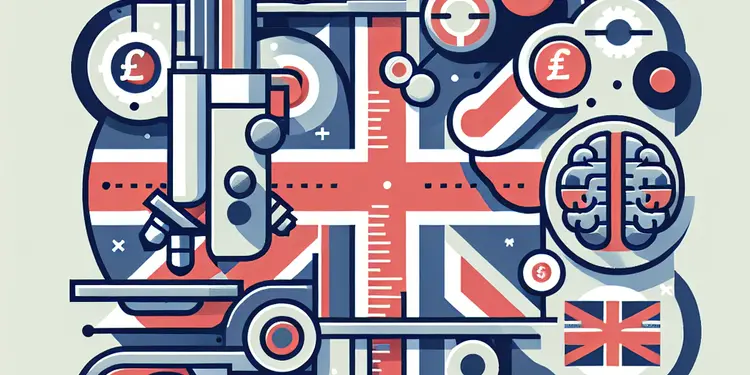
What can cause autism, if not paracetamol?
Relevance: 97%
-
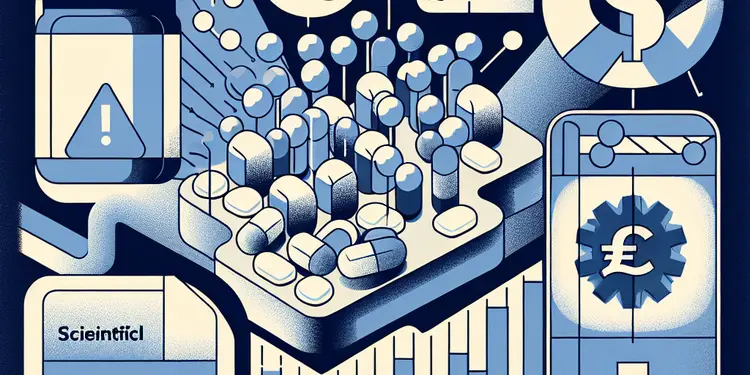
Is there any scientific evidence that links paracetamol use to autism?
Relevance: 88%
-
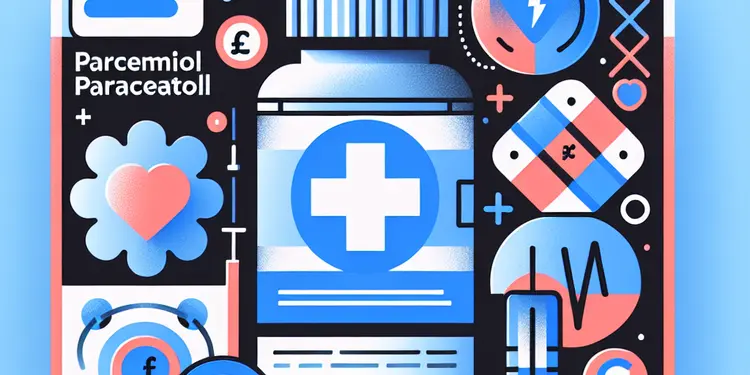
Why is there concern about paracetamol and autism?
Relevance: 88%
-

Is there any risk of using paracetamol outside of pregnancy with regard to autism?
Relevance: 84%
-

What causes autism?
Relevance: 74%
-
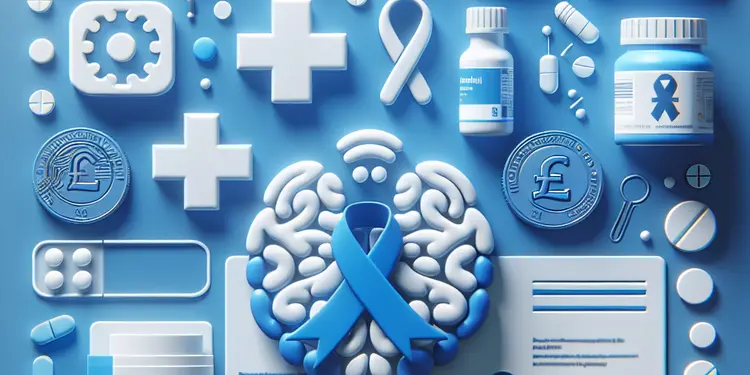
What are the limitations of studies examining paracetamol use and autism?
Relevance: 59%
-
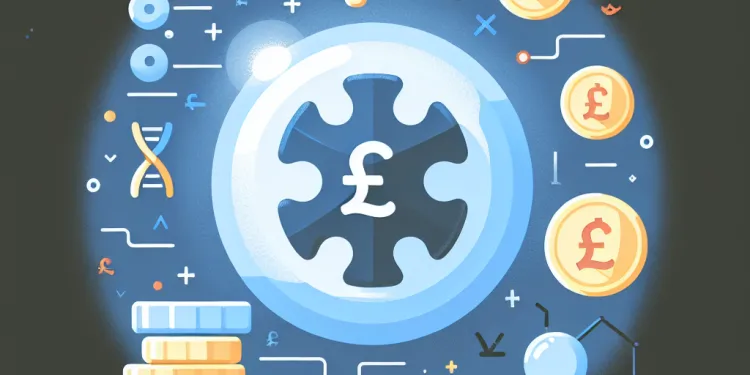
What is Autism?
Relevance: 57%
-
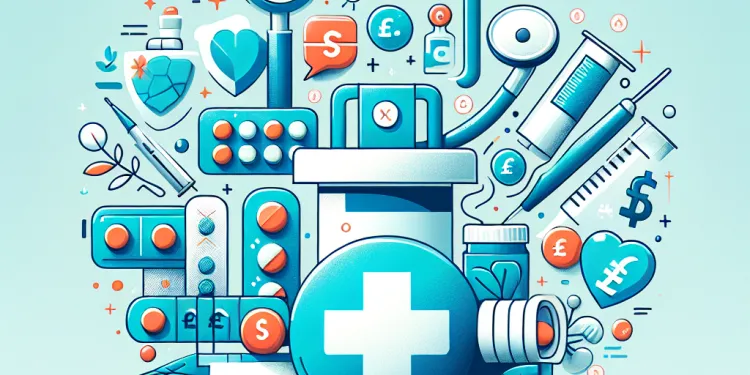
What is Paracetamol?
Relevance: 55%
-
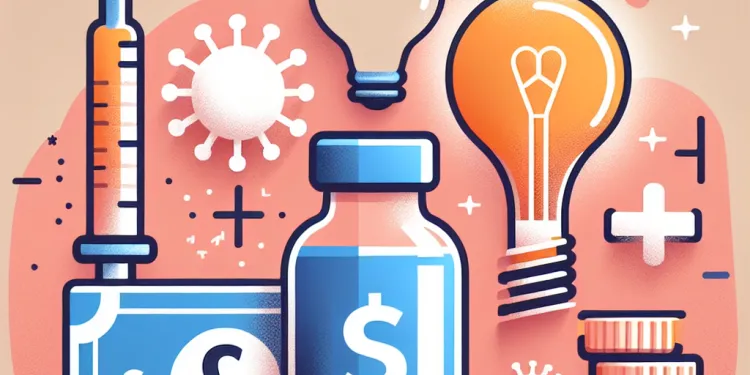
Are vaccines linked to autism?
Relevance: 54%
-

What is the autism spectrum?
Relevance: 54%
-

What is Paracetamol?
Relevance: 54%
-

How prevalent is autism?
Relevance: 53%
-
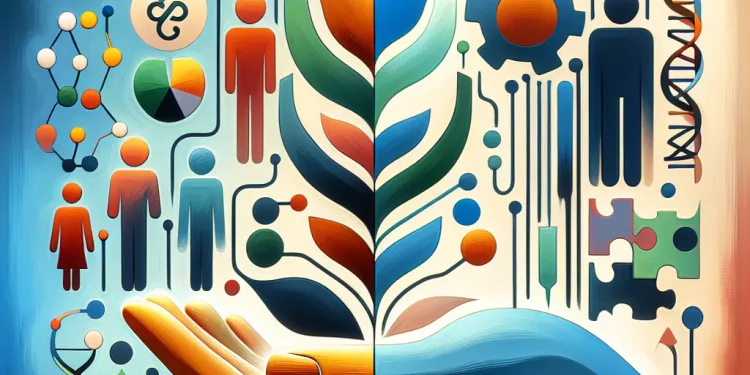
Is there a genetic component to autism?
Relevance: 53%
-

Is there an autism test?
Relevance: 52%
-
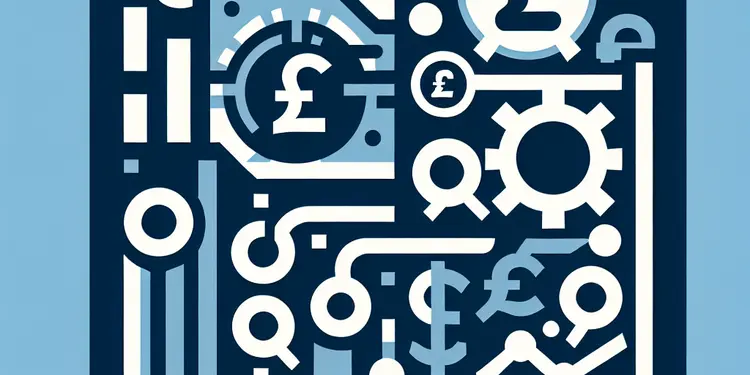
Has paracetamol been linked to other developmental issues besides autism?
Relevance: 52%
-

Autism - My Story - Rosalind | NHS
Relevance: 52%
-
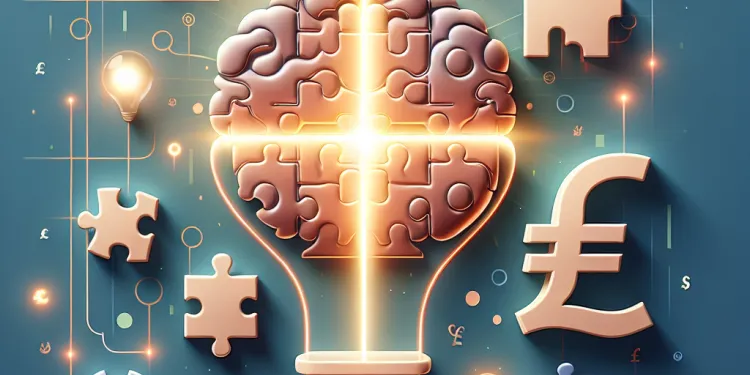
Can autism be cured?
Relevance: 51%
-

Is Paracetamol the same as Aspirin?
Relevance: 51%
-

Autism: Graeme's story | NHS
Relevance: 50%
-

What are the signs of autism?
Relevance: 49%
-

Autism - My Story - Adrian | NHS
Relevance: 49%
-
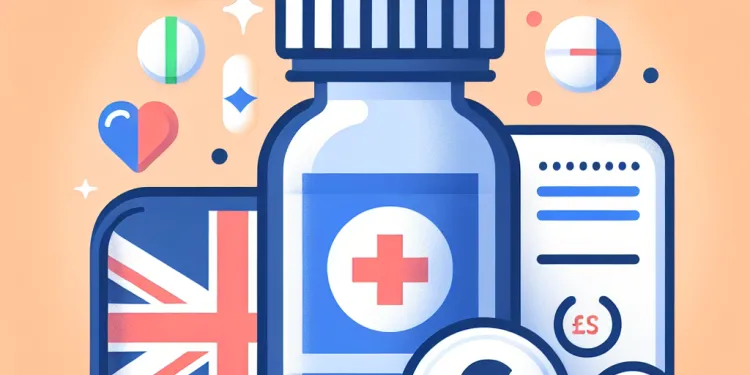
What are the side effects of Paracetamol?
Relevance: 49%
-
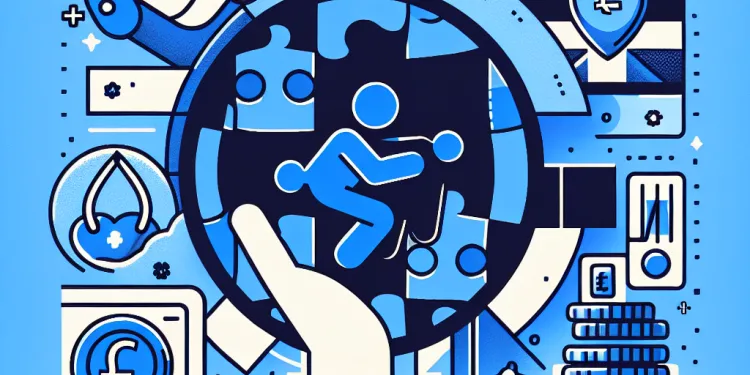
How is autism diagnosed?
Relevance: 49%
-

Does Paracetamol reduce inflammation?
Relevance: 49%
-

Have any major health organizations advised against using paracetamol during pregnancy due to autism concerns?
Relevance: 48%
-

Which one is better for toothache: Ibuprofen or Paracetamol?
Relevance: 48%
-
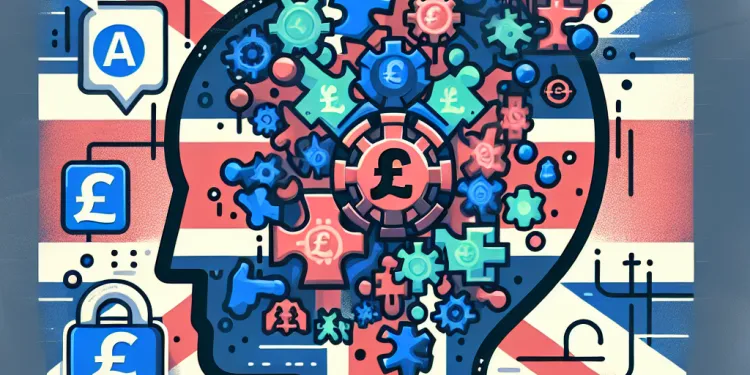
Can adults have autism?
Relevance: 48%
-
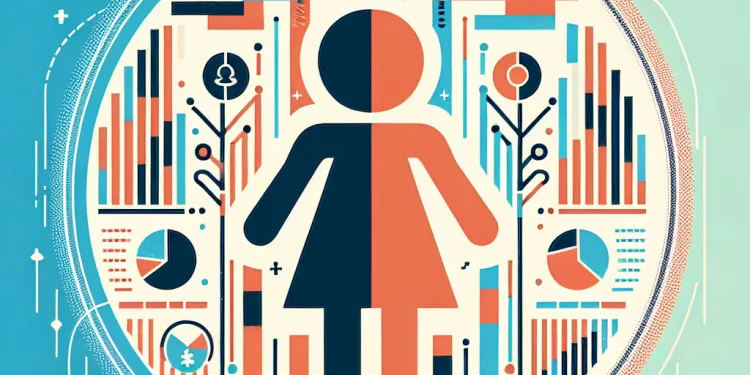
Is autism more common in boys or girls?
Relevance: 48%
-

Which one is better for headaches: Aspirin or Paracetamol?
Relevance: 47%
-
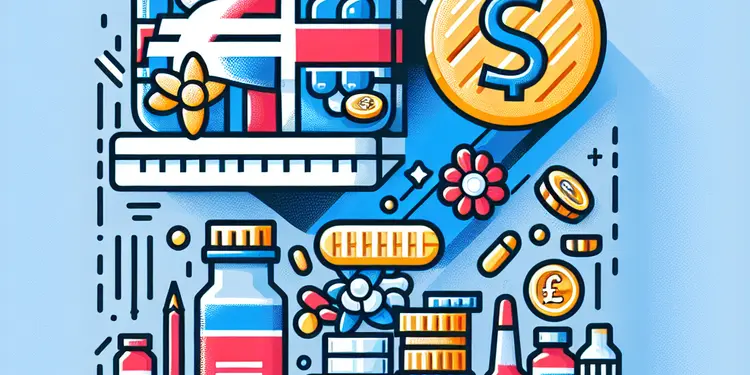
What is a common use of paracetamol?
Relevance: 47%
-

How does autism affect communication?
Relevance: 47%
-

Can Paracetamol be used in pregnant women?
Relevance: 46%
-
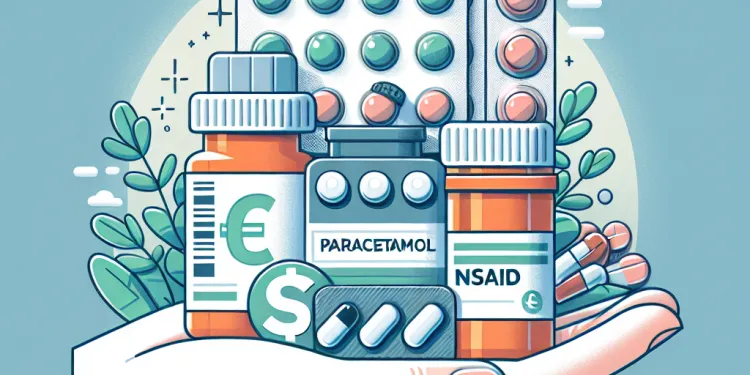
Why might someone choose Paracetamol over NSAIDs?
Relevance: 46%
-

What are some common therapies for autism?
Relevance: 46%
-

Is it safe to take Paracetamol with Ibuprofen?
Relevance: 45%
-

What is the difference between Aspirin, Paracetamol, and Ibuprofen?
Relevance: 45%
-
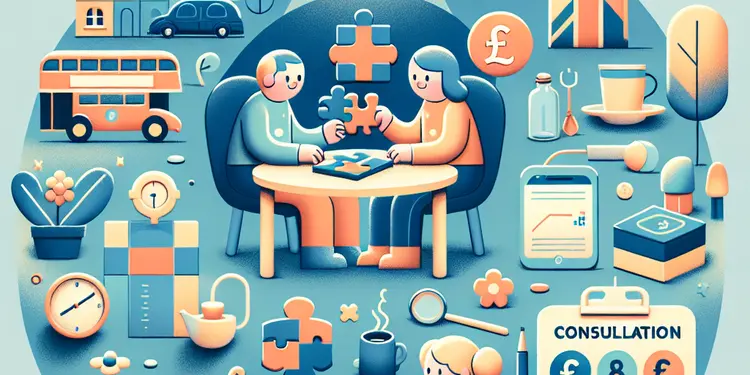
What advice is available for parents concerned about autism risks?
Relevance: 45%
-
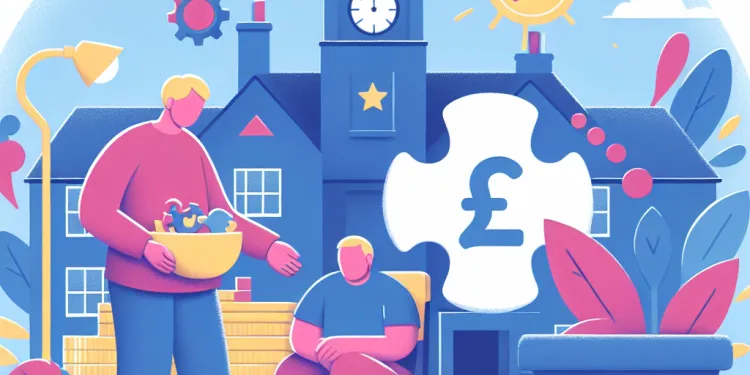
Can people with autism lead independent lives?
Relevance: 45%
-

What is the difference between aspirin, paracetamol, and ibuprofen?
Relevance: 44%
Understanding Autism: Beyond Paracetamol
Autism spectrum disorder (ASD) is a complex developmental condition that affects communication, behavior, and social interaction. Understanding the causes of autism is a critical area of research, and it is widely accepted that there is no single cause of autism.
Genetic Factors
Research indicates that genetics play a significant role in the development of autism. Many different genes appear to be involved in increasing the risk of developing ASD. Studies have shown that genetic mutations can disrupt normal brain development and lead to the characteristics associated with autism. Families with a history of autism may have a higher likelihood of having children with ASD. However, autism can occur in individuals with no family history of the condition, suggesting that other factors also contribute.
Environmental Influences
Environmental factors may interact with genetic predispositions to influence the development of ASD. Prenatal exposure to certain substances, such as alcohol and certain drugs, may increase the risk of autism. Other environmental exposures that have been studied include advanced parental age at the time of conception, maternal illness or infection during pregnancy, and complications during birth. While these factors do not cause autism directly, they may contribute to an increased risk when combined with genetic factors.
Neurobiological Factors
Autism is associated with differences in brain structure and function. Researchers have found that individuals with autism often have variations in the size and activity of certain brain regions, such as the amygdala and hippocampus. These neurobiological differences may contribute to the symptoms of autism, including difficulties with social interaction and communication. While these differences are not causes per se, they are indicative of the complex nature of autism and its development.
The Role of Paracetamol
In recent years, there has been some speculation about the role of paracetamol (also known as acetaminophen) in the development of autism. However, scientific evidence does not support the claim that paracetamol use, when taken as recommended, causes autism. Ongoing research continues to explore this question, but the consensus in the scientific community is that paracetamol is safe when used according to guidelines and does not contribute to the development of autism.
Conclusion
Autism is a multifactorial condition with contributions from genetic, environmental, and neurobiological factors. While ongoing research continues to investigate potential causes, it is clear that no single factor causes autism. Understanding the complex interplay of these factors is crucial for developing effective interventions and treatments. Individuals and families affected by autism should consult healthcare professionals for advice and support tailored to their unique circumstances.
Understanding Autism: More Than Just Medicine
Autism is a condition that affects how people communicate and behave. It also affects how they interact with others. Scientists are trying to learn what causes autism. There isn't just one cause of autism.
Genes and Autism
Autism can run in families. This means that if someone in your family has autism, you might have a higher chance, too. Many genes are involved in whether a person has autism. Sometimes changes in these genes can make the brain develop differently. But even if no one else in your family has autism, you can still have it. This shows that other things also play a part.
Things Around Us
The environment can also affect autism. For example, if a mother drinks alcohol when she is pregnant, it might increase the chance of a child having autism. Other things that might make a difference are how old parents are when the baby is born or if the mother got sick while she was pregnant. These things don't directly cause autism, but they can add to the risk.
The Brain and Autism
People with autism have differences in their brains. This can affect how they talk to others and react to things. Some parts of their brain might be a different size or work in different ways. These differences show how complex autism is, but they are not the direct cause.
Medicine and Autism
Some people wonder if taking paracetamol (also called acetaminophen) can cause autism. Scientists say that taking paracetamol as directed is safe and does not cause autism. They continue to study it, but for now, the advice is that it is okay.
Final Thoughts
Autism is caused by many different things, not just one. These include genes, the environment, and changes in the brain. We need to understand how these things work together to help people with autism better. Families should talk to doctors for help and advice that is right for them. Tools like pictures or simple stories might help explain things clearly.
Frequently Asked Questions
What are some known genetic factors that can cause autism?
Autism has a strong genetic component, with studies suggesting that between 74-93% of the risk can be attributed to genetic factors. Mutations in several genes, such as CHD8, SHANK3, and SCN2A, have been associated with autism.
How do environmental factors influence autism risk?
Environmental factors can interact with genetic predispositions to increase autism risk. These factors include prenatal exposures to infections, air pollution, and certain medications during pregnancy.
Can advanced parental age contribute to autism?
Yes, advanced parental age, especially of the father, has been associated with an increased risk of autism in children.
Is there a relationship between premature birth and autism?
Premature birth and very low birth weight have been linked to a higher risk of autism spectrum disorders.
How might maternal health conditions influence autism risk?
Maternal health conditions, such as obesity, diabetes, and hypertension, during pregnancy have been associated with an increased risk of autism in offspring.
Can birth complications lead to autism?
Certain birth complications, including birth trauma and lack of oxygen to the baby’s brain, have been identified as risk factors for autism.
Do nutritional factors during pregnancy play a role in autism?
Nutritional factors, such as vitamin deficiencies or excesses and overall maternal diet, may impact fetal brain development and have been implicated in autism risk.
Is there a link between immune system issues and autism?
Immune system dysregulation, including certain maternal infections during pregnancy or autoimmune disorders, has been associated with a higher risk of autism.
Why is early brain development crucial for understanding autism causes?
Early brain development is vital as any disruptions or abnormalities during this period can lead to neurodevelopmental disorders like autism.
Can exposure to certain chemicals increase autism risk?
Exposure to environmental chemicals, such as heavy metals and pesticides, has been studied as potential contributors to autism risk.
How does a family history of autism affect risk?
Having a sibling or parent with autism increases the risk of autism due to shared genetic factors.
Are there any infectious agents linked to autism risk?
Prenatal exposure to certain infections, such as rubella and cytomegalovirus, has been linked to an increased autism risk.
What is the role of epigenetics in autism?
Epigenetic changes, which affect gene expression without altering the DNA sequence, can influence autism risk, particularly how environmental factors impact genetic predispositions.
Can a lack of prenatal care influence autism development?
Lack of prenatal care can increase the risk of autism by failing to address potential health issues or exposures that could affect fetal development.
Do socioeconomic factors play a role in autism risk?
Socioeconomic factors can indirectly influence autism risk, primarily through access to healthcare, nutrition, and exposure to environmental stressors.
Is there a connection between gut health and autism?
There is ongoing research on the gut-brain axis and how gut microbiota may influence autism symptoms and risk, although this area is not fully understood yet.
How do neurodevelopmental pathways affect autism risk?
Disruptions in neurodevelopmental pathways that regulate brain growth and connectivity can lead to autism spectrum disorders.
Is there a role for mitochondrial dysfunction in autism?
Some studies suggest that mitochondrial dysfunction, which affects energy production in cells, might be associated with autism in some individuals.
What psychiatric conditions can mimic autism symptoms?
Conditions such as ADHD, anxiety disorders, and OCD can present with symptoms similar to autism, leading to misdiagnosis.
Why is it important to understand the diverse causes of autism?
Understanding the diverse causes of autism can aid in early detection, targeted interventions, and personalized therapeutic approaches.
What are some genes that can cause autism?
Autism can be caused by changes in genes. Genes are like instructions in our body.
Scientists have found some genes that can lead to autism when they change.
If you find reading hard, you can ask an adult for help. You can also listen to the text if there's an audio version.
Autism is mostly caused by genes. This means it can run in families. Scientists say that 74-93% of autism comes from genes. Some important genes are called CHD8, SHANK3, and SCN2A. When these genes change, it can cause autism.
Tools like picture schedules and visual aids can help people understand better. Taking short breaks can also help with learning.
How do things around us affect the chance of autism?
The world around us can change the chance of someone having autism. Here is how:
- Things like air pollution or what a mom eats when she is pregnant might change the chance of autism.
- It is important to stay healthy and talk to a doctor about any worries.
If you find reading hard, there are tools that can help. You might like audiobooks, pictures, or asking someone to help explain things.
Things around us can affect whether someone might have autism. These things include being sick while pregnant, breathing bad air, and using some medicines during pregnancy.
Can Older Parents Have a Child with Autism?
When parents are older, can their child have autism?
Autism is when a child's brain works differently. It can make it hard to talk, play, and learn.
Scientists are looking at whether older parents might have a higher chance of having a child with autism.
If you have questions or worries, talk to a doctor. They can help and give good advice.
Using pictures and talking with friends can help understand more about autism.
Yes, when parents are older, especially dads, it can make a child more likely to have autism.
Do babies born early have autism more often?
Being born too early or being very small at birth can mean a higher chance of having autism.
How can a mom's health affect a child's chance of having autism?
When a pregnant mom has health problems like being very overweight, having too much sugar in her blood (diabetes), or having high blood pressure, it can make it more likely for the baby to have autism.
Can problems during birth cause autism?
Sometimes, things can go wrong when a baby is born. This can be a risk for autism. Two big things are:
- The baby might get hurt during birth.
- The baby might not get enough air to the brain.
These things can make it more likely for a baby to have autism.
If you want help to read more, try using picture books or talk to someone who can explain things step by step.
Can what a mom eats during pregnancy affect if a child has autism?
The food a mom eats can affect a baby’s brain while it's growing in her tummy. If the mom doesn't get enough vitamins or gets too many, it might change how the baby’s brain grows. This could be a reason why some children have autism.
Can problems with the immune system be related to autism?
Sometimes, when a mom is pregnant, her body might fight off germs in a way that can affect the baby. This is called an infection. Or, her body might attack itself by mistake, which is called an autoimmune disorder. These things might make it more likely for the baby to have autism.
Why is it important to learn about the brain early to understand autism?
Learning about how the brain grows helps us understand autism better. The brain is important for how we think and act. When we know how the brain works early on, we can find ways to help people with autism more.
Here are some things that might help:
- Use picture stories to learn new things.
- Ask a grown-up if you have questions.
- Play games that help with learning words and ideas.
Early brain growth is very important. Problems during this time can cause brain disorders like autism.
Can some chemicals make autism more likely?
Some chemicals might make autism happen more often. Scientists are studying which chemicals these might be.
To help understand, you can ask a grown-up about it or use picture books.
Scientists study how things like chemicals in the environment, heavy metals, and bug-killing sprays might make autism more likely.
How does having family members with autism change your chances?
Having a brother, sister, or parent with autism can mean you are more likely to have autism too. This is because of genes that family members share.
Can germs and viruses cause autism?
Some infections during pregnancy, like rubella and cytomegalovirus, can raise the chance of having a baby with autism.
It's important to tell a doctor if you're worried.
How does epigenetics affect autism?
Epigenetic changes are like tiny switches that can turn genes on or off without changing the DNA itself. These switches can affect autism risk. Environmental factors, like what we eat or breathe, can flip these switches. This is how the world around us can change how our genes work without changing the genes themselves.
To understand this better, tools like picture aids or story mapping can help. They make it easier to see how these switches and environmental factors work together. If you're interested in learning more, you can also use apps or videos that explain these ideas with simple words and pictures.
Can not going to the doctor when pregnant affect if a baby has autism?
When a woman is going to have a baby, she should see a doctor. This is called "prenatal care." Seeing a doctor helps make sure the baby is healthy.
If a mom doesn't see a doctor, the baby can have problems. Some people think not going to the doctor might make it more likely for the baby to have autism.
To make it easier to learn about this, you can:
- Ask your doctor questions.
- Read easy books or watch simple videos about taking care of babies.
- Talk to family or friends who have babies.
Staying healthy and seeing a doctor during pregnancy is important for both the mom and the baby.
If a pregnant person does not go to the doctor, it can make it more likely for the baby to have autism. This is because health problems or things that might hurt the baby are not checked or fixed.
Do things like money and jobs make autism more likely?
Autism is a condition that affects how people communicate and behave.
Some people wonder if things like how much money a family has or what jobs people do can affect a person's chances of being autistic.
It's important to learn about different ideas and ask doctors or experts if you have questions.
Tools like picture cards or simple charts can help explain these ideas better.
Things like money, jobs, and where you live can affect autism. This happens because they change how you get healthcare, food, and how much stress you feel around you.
Tip: It can help to use simple words and short sentences to make reading easier. If reading is hard, try listening to the text or using pictures to help understand.
Do tummy problems have anything to do with autism?
Let's talk about two things: autism and tummy troubles. Autism is a condition that affects how some people talk and play. Tummy troubles mean when your belly doesn't feel good.
Sometimes, people think these two things might be linked. It means we are asking if when your belly is not happy, does it make autism worse? Or maybe, if you have autism, does it make your belly feel upset? Scientists are trying to figure this out.
Here are some ways to help your tummy:
- Eat healthy foods like fruits and veggies.
- Drink lots of water.
- Talk to a doctor if your tummy hurts a lot.
If reading is hard, you can try some tools to help:
- Ask someone to read with you.
- Use audiobooks to listen to stories.
- Use picture stories to understand better.
Scientists are studying how the stomach and brain talk to each other. They want to know if tiny living things in our tummies can affect autism. We don't have all the answers yet, but they are working hard to learn more.
How do brain pathways affect autism risk?
Brain pathways help messages move around the brain.
If pathways don't work well, it can lead to autism.
Autism means it can be harder to talk, learn, or understand others.
Talking with a doctor can help you learn more.
Using pictures, stories, and simple words can help understand better.
When the brain grows in a way that is not normal, it can cause autism. The brain has pathways that help it grow and connect, and if these pathways are not working right, it can lead to autism.
If you find this hard to understand, try using picture books or videos that talk about the brain and how it works. These can make learning easier.
Do problems with mitochondria play a part in autism?
Mitochondria are like batteries that give energy to cells in our bodies. We want to know if these batteries not working properly can affect autism.
For more help understanding this, you can:
- Ask someone to read with you.
- Use pictures to help explain.
- Watch videos about mitochondria and autism.
Some studies show that problems with mitochondria, which help make energy in our cells, might be linked to autism for some people.
What other health problems look like autism?
Sometimes, people with ADHD, anxiety, or OCD can show signs that look like autism. This can make doctors confuse one with the other.
Why is it important to know why people have autism?
Autism can happen because of many reasons, like genes or the environment. Knowing these reasons can help us:
- Support people better.
- Find ways to help them learn.
- Make life easier for everyone.
Using pictures or stories can make learning about autism easier.
Knowing what causes autism can help us find it early. This means we can help the person in the way that is best for them.
Useful Links
Have you found an error, or do you have a link or some information you would like to share? Please let us know using the form below.
-->
This website offers general information and is not a substitute for professional advice.
Always seek guidance from qualified professionals.
If you have any medical concerns or need urgent help, contact a healthcare professional or emergency services immediately.
Some of this content was generated with AI assistance. We’ve done our best to keep it accurate, helpful, and human-friendly.
- Ergsy carfully checks the information in the videos we provide here.
- Videos shown by Youtube after a video has completed, have NOT been reviewed by ERGSY.
- To view, click the arrow in centre of video.
- Most of the videos you find here will have subtitles and/or closed captions available.
- You may need to turn these on, and choose your preferred language.
- Go to the video you'd like to watch.
- If closed captions (CC) are available, settings will be visible on the bottom right of the video player.
- To turn on Captions, click settings .
- To turn off Captions, click settings again.
More Items From Ergsy search
-

Is paracetamol linked to autism?
Relevance: 100%
-

What can cause autism, if not paracetamol?
Relevance: 97%
-

Is there any scientific evidence that links paracetamol use to autism?
Relevance: 88%
-

Why is there concern about paracetamol and autism?
Relevance: 88%
-

Is there any risk of using paracetamol outside of pregnancy with regard to autism?
Relevance: 84%
-

What causes autism?
Relevance: 74%
-

What are the limitations of studies examining paracetamol use and autism?
Relevance: 59%
-

What is Autism?
Relevance: 57%
-

What is Paracetamol?
Relevance: 55%
-

Are vaccines linked to autism?
Relevance: 54%
-

What is the autism spectrum?
Relevance: 54%
-

What is Paracetamol?
Relevance: 54%
-

How prevalent is autism?
Relevance: 53%
-

Is there a genetic component to autism?
Relevance: 53%
-

Is there an autism test?
Relevance: 52%
-

Has paracetamol been linked to other developmental issues besides autism?
Relevance: 52%
-

Autism - My Story - Rosalind | NHS
Relevance: 52%
-

Can autism be cured?
Relevance: 51%
-

Is Paracetamol the same as Aspirin?
Relevance: 51%
-

Autism: Graeme's story | NHS
Relevance: 50%
-

What are the signs of autism?
Relevance: 49%
-

Autism - My Story - Adrian | NHS
Relevance: 49%
-

What are the side effects of Paracetamol?
Relevance: 49%
-

How is autism diagnosed?
Relevance: 49%
-

Does Paracetamol reduce inflammation?
Relevance: 49%
-

Have any major health organizations advised against using paracetamol during pregnancy due to autism concerns?
Relevance: 48%
-

Which one is better for toothache: Ibuprofen or Paracetamol?
Relevance: 48%
-

Can adults have autism?
Relevance: 48%
-

Is autism more common in boys or girls?
Relevance: 48%
-

Which one is better for headaches: Aspirin or Paracetamol?
Relevance: 47%
-

What is a common use of paracetamol?
Relevance: 47%
-

How does autism affect communication?
Relevance: 47%
-

Can Paracetamol be used in pregnant women?
Relevance: 46%
-

Why might someone choose Paracetamol over NSAIDs?
Relevance: 46%
-

What are some common therapies for autism?
Relevance: 46%
-

Is it safe to take Paracetamol with Ibuprofen?
Relevance: 45%
-

What is the difference between Aspirin, Paracetamol, and Ibuprofen?
Relevance: 45%
-

What advice is available for parents concerned about autism risks?
Relevance: 45%
-

Can people with autism lead independent lives?
Relevance: 45%
-

What is the difference between aspirin, paracetamol, and ibuprofen?
Relevance: 44%


